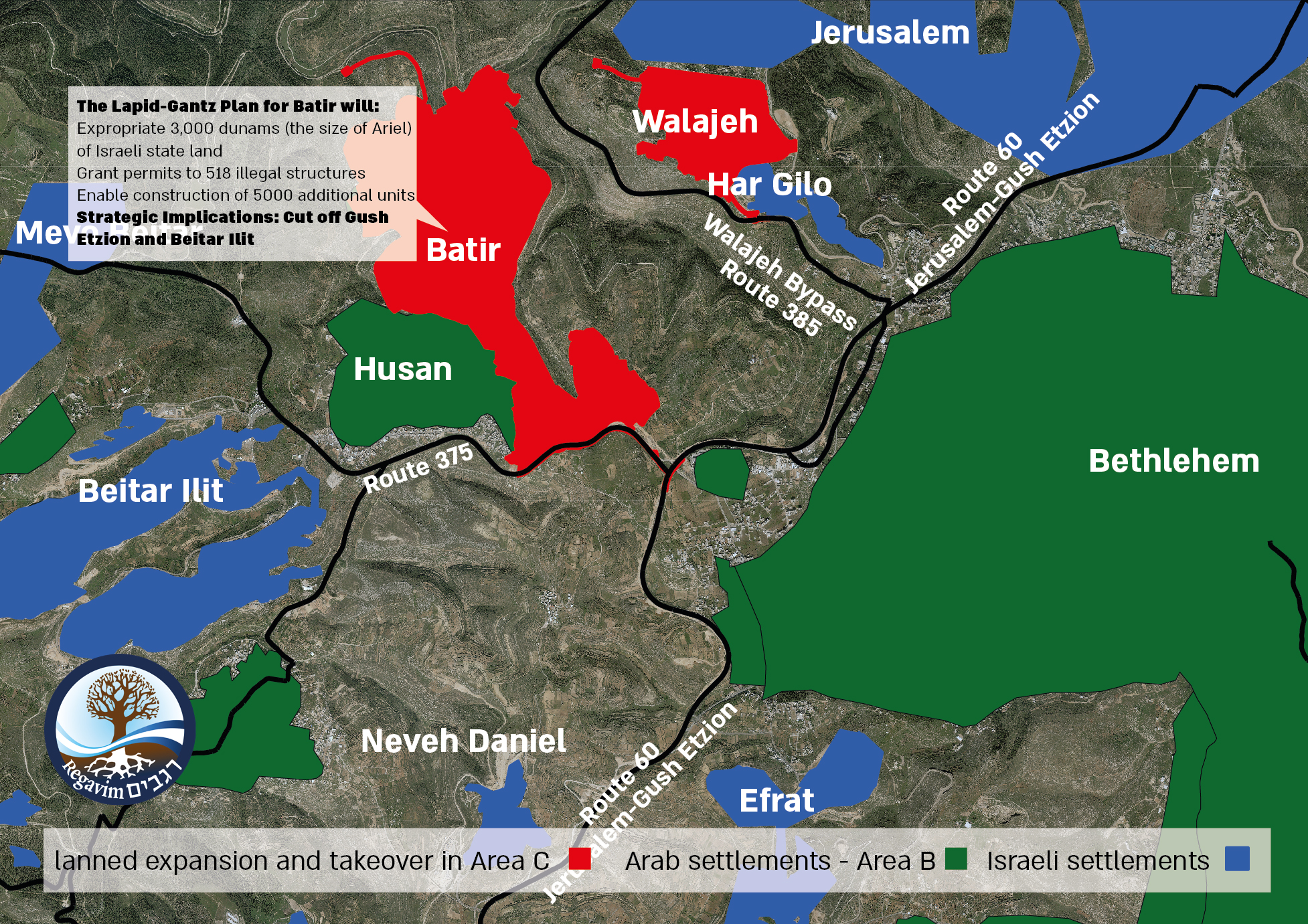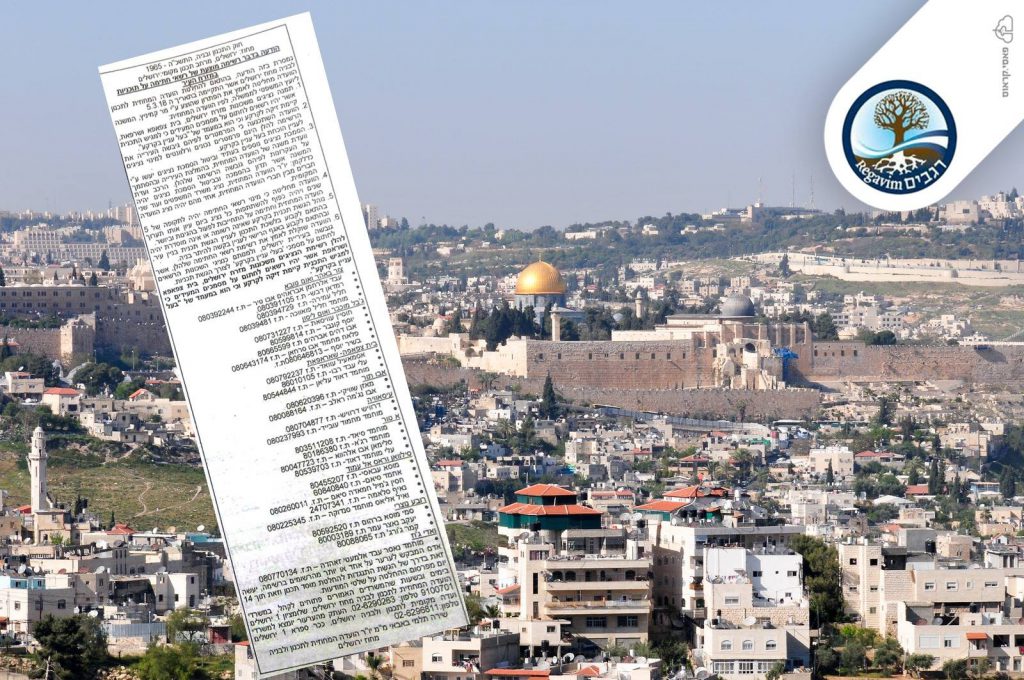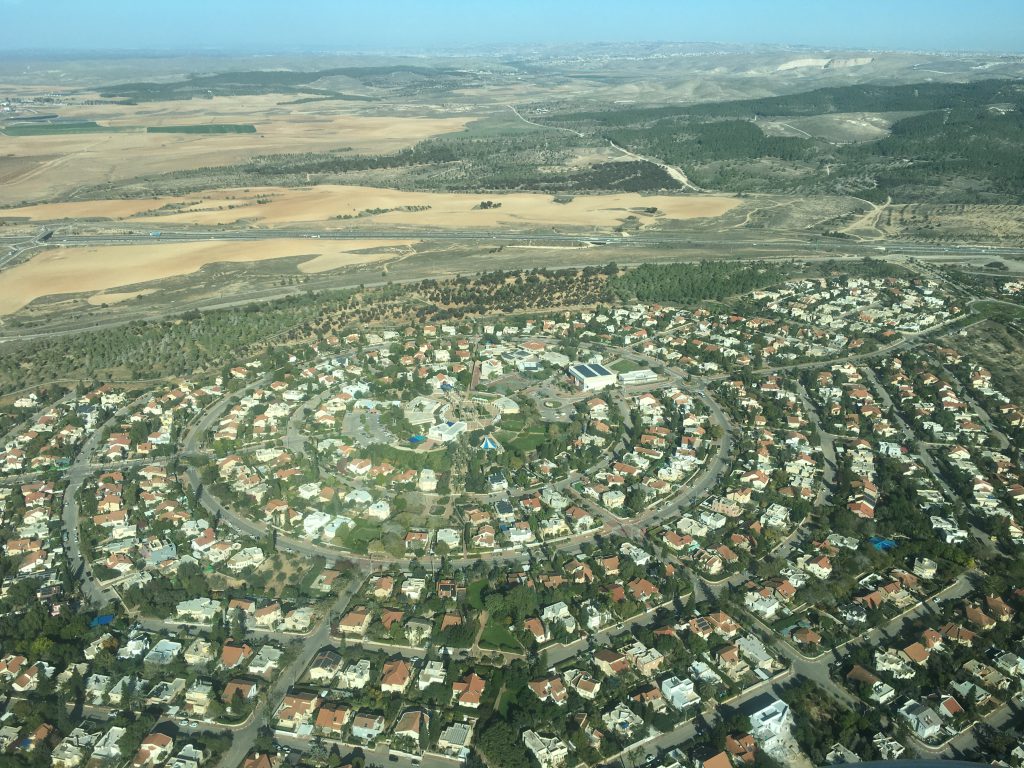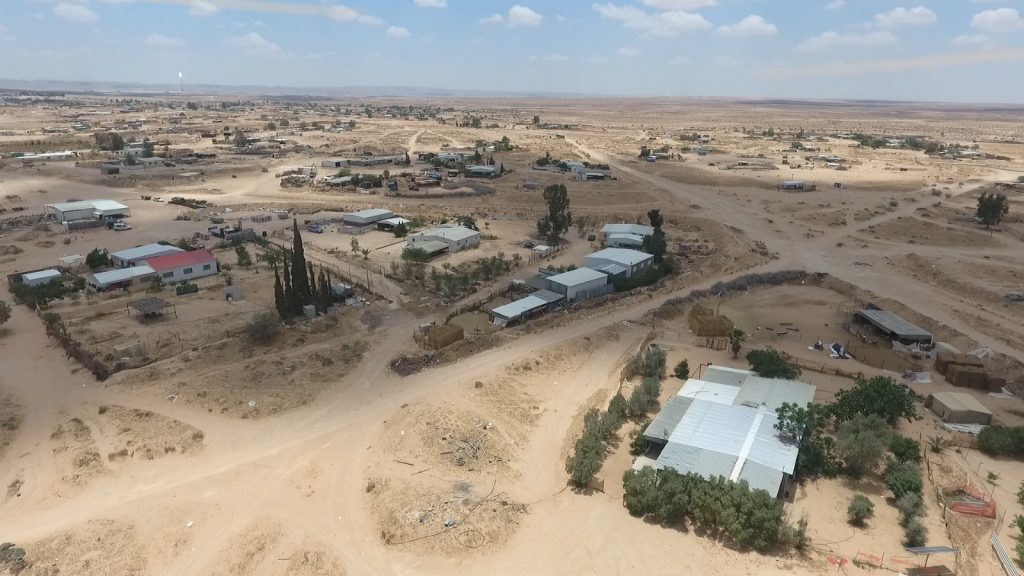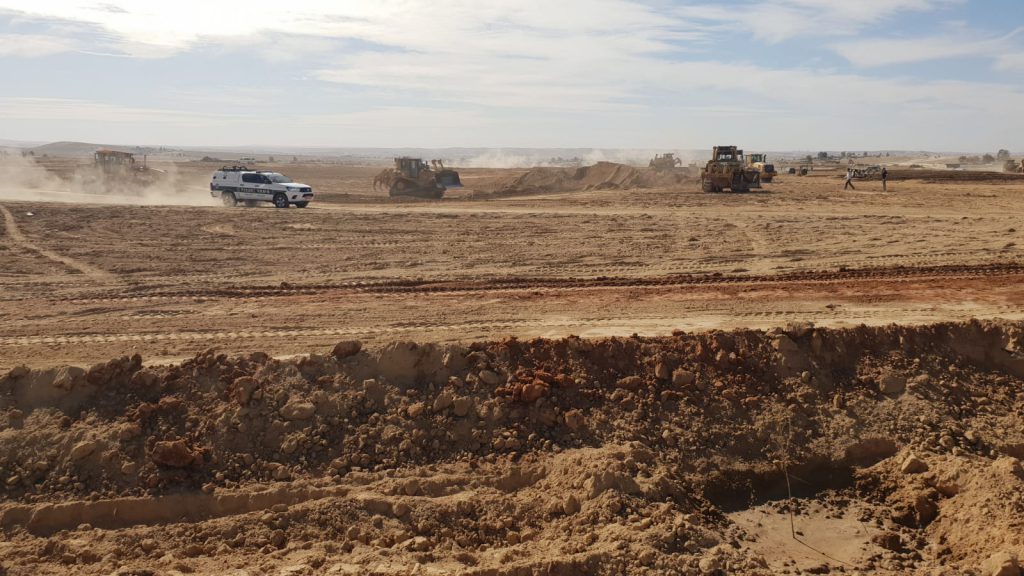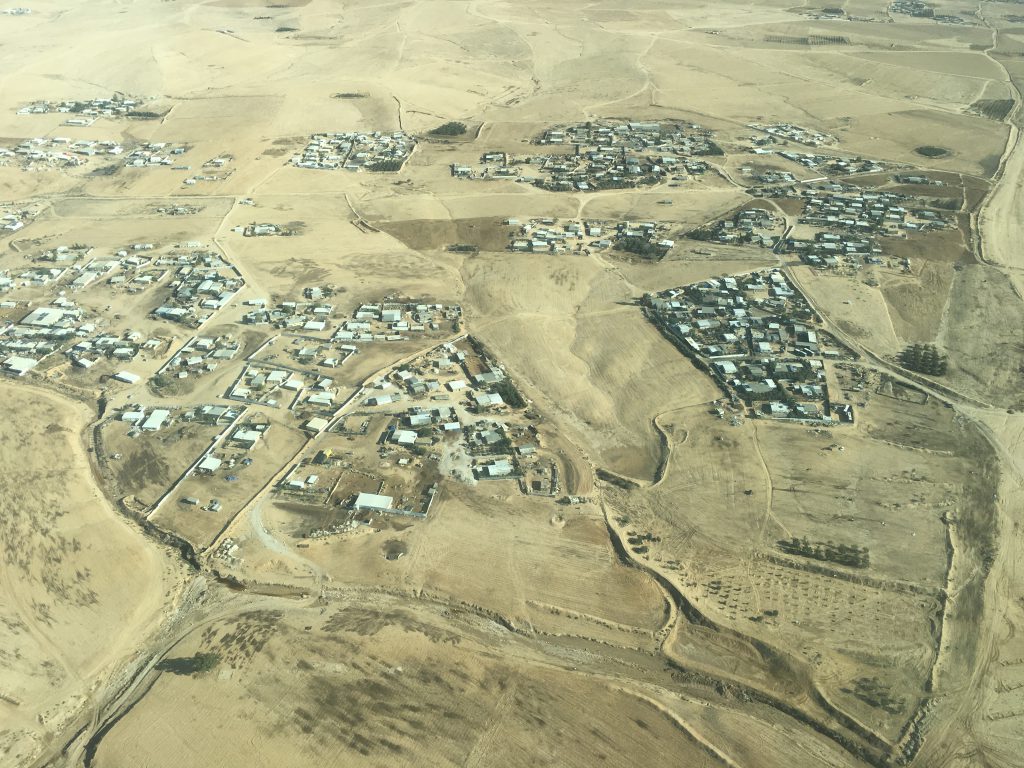Thousands of dunams for expansion and construction – on land that will cut off Jewish communities from Jerusalem: Jewish communities in Judea and Samaria express outrage at the announcement of permits for Palestinian Arab construction as a gesture to welcome President Biden. Regavim: “This is a fatal blow to Jewish settlement and to Israeli democracy.”
As part of a package of “good will gestures” honoring honoring US President Biden upon his visit to Israel, the Israeli government will approve 6 masterplans for Palestinian settlements in Judea and Samaria. These plans will result in de facto Palestinian annexation of large sections of Area C – the portion of Judea and Samaria under full Israeli jurisdiction. They include “legalization” of hundreds of illegally-built structures and expansion of Arab villages, isolating and choking existing Jewish communities and threatening the security and feasibility of the entire settlement enterprise.
The plans will reward the Palestinian Authority’s continued efforts to create facts on the ground, and encourage the continued implementation of the Fayyad Plan of territorial takeover using precise placement of illegal construction and agricultural projects.
The Arab village of Batir, located between Jerusalem’s Gilo neighborhood and Gush Etzion, will be granted a permit for no less than 518 illegal structures as well as expansion of the village by some 3000 dunams – an area comparable in size to the city of Ariel. The plan will effectively cut off Gush Etzion from Jerusalem and severely compromise the security of the Gush Etzion-Jerusalem Tunnel Road.
Another plan, in Eastern Gush Etzion, will approve the expansion of Kisan by 615 dunams, severely limiting access for Jewish communities of eastern Gush Etzion and any possibility for future growth. Similar plans for the village of Pakiks will cut off the Jewish community of Negohot in the South Hebron Hills area.
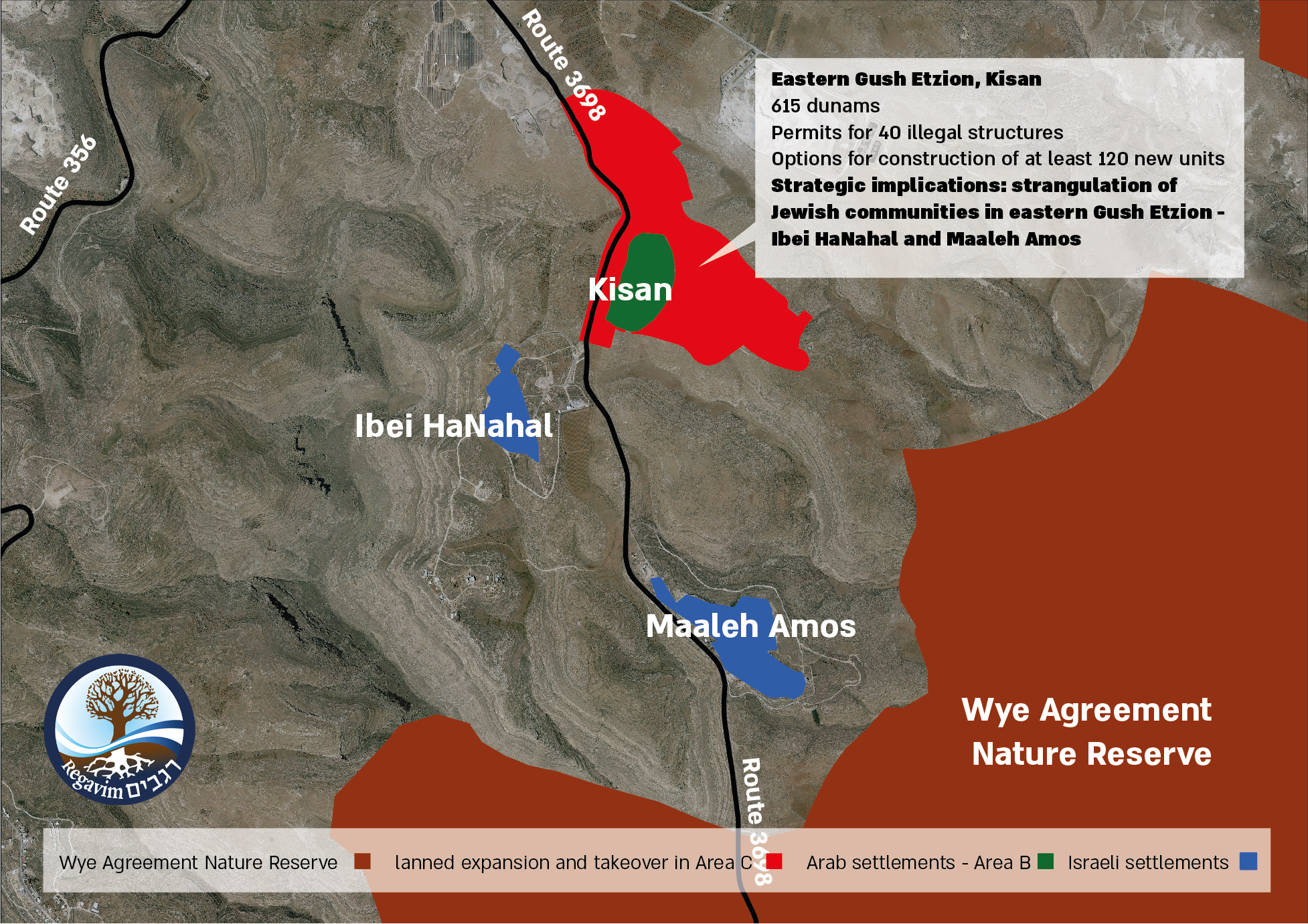
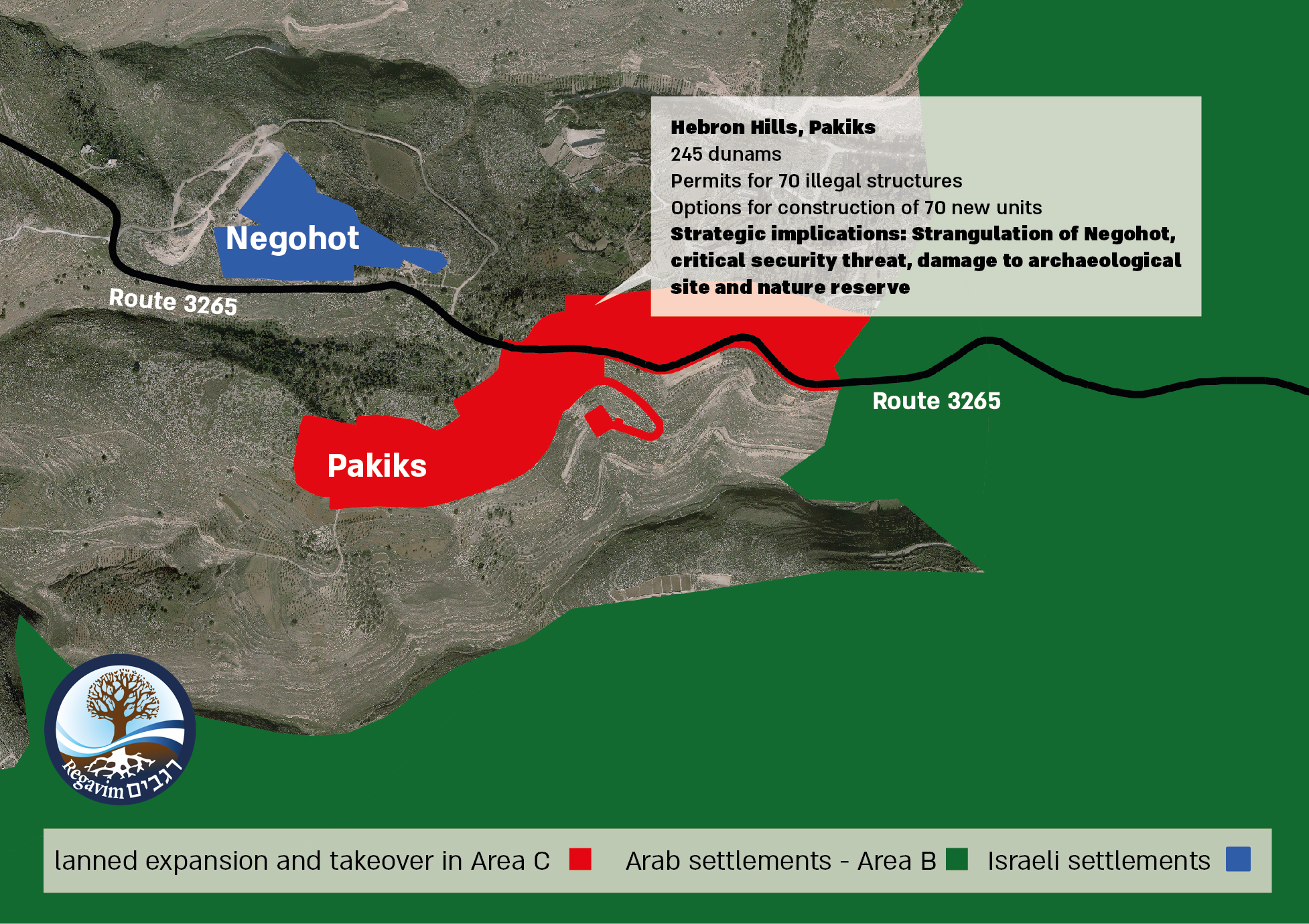
Approval of Municipal Masterplans (Tab”a) are also planned in Binyamin and Shomron, including a plan that jeopardizes the very heart of Samaria, near Highway 5 between Ariel and Revava. Another plan up for approval is Hizme, adjacent to Jerusalem’s Pisgat Zeev neighborhood, where expansion by hundreds of dunams will bring the village even closer to Israel’s capital.
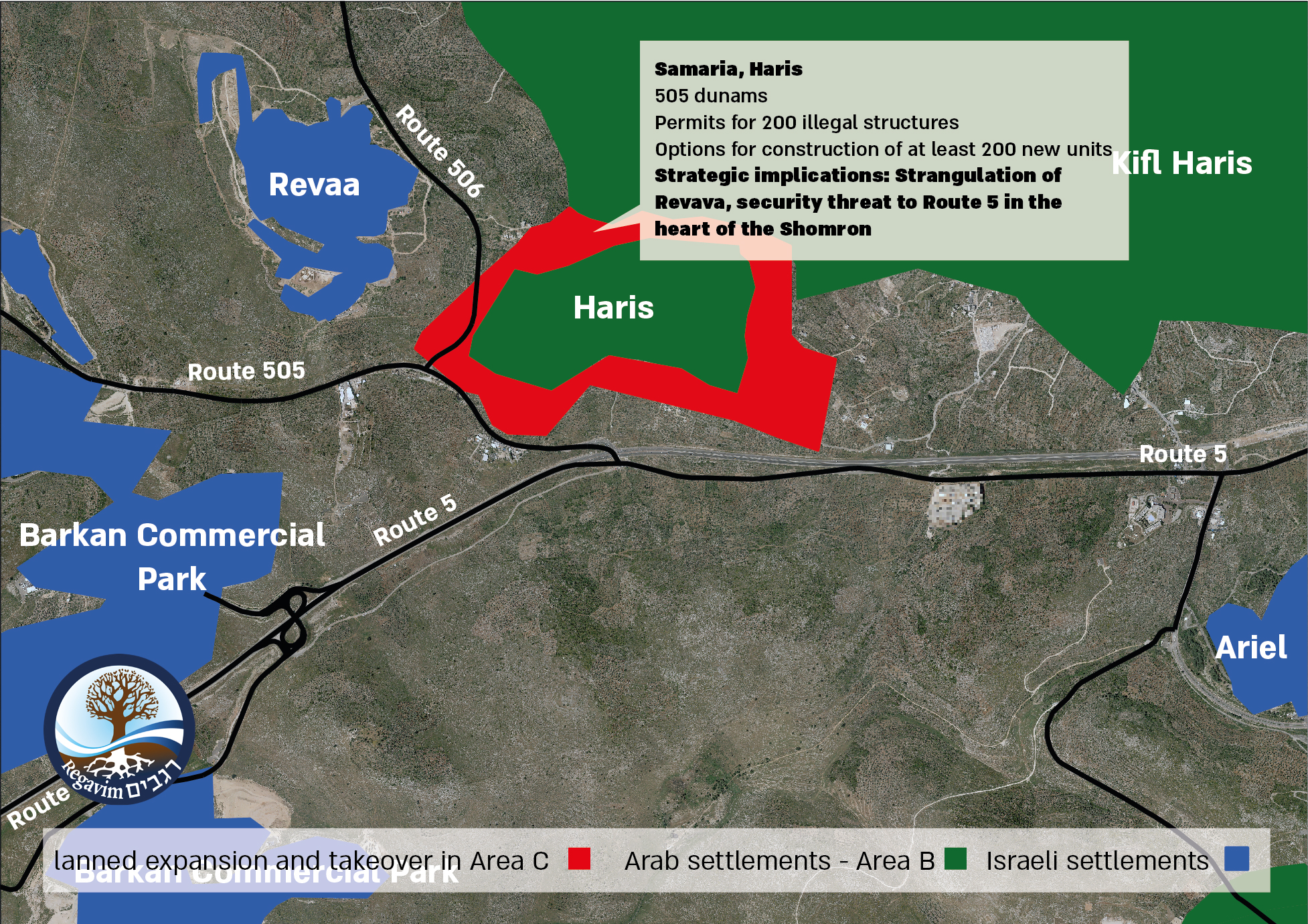
“This is a catastrophe that must be averted – immediately,” says Meir Deutsch, Director General of Regavim. “Saar, Shaked, Kahana, Elkin, Hendel, Orbach – you were elected on right-wing votes because you promised to protect the Jewish settlement enterprise. You handed Yair Lapid his seat in the Prime Minister’s office, and you are the reason Benny Gantz is Minister of Defense. It is your responsibility to block this insane plan to whitewash thousands of illegal structures that will cut off Jewish settlement blocs from Jerusalem and give permanence to the criminal Palestinian takeover of Area C.”




